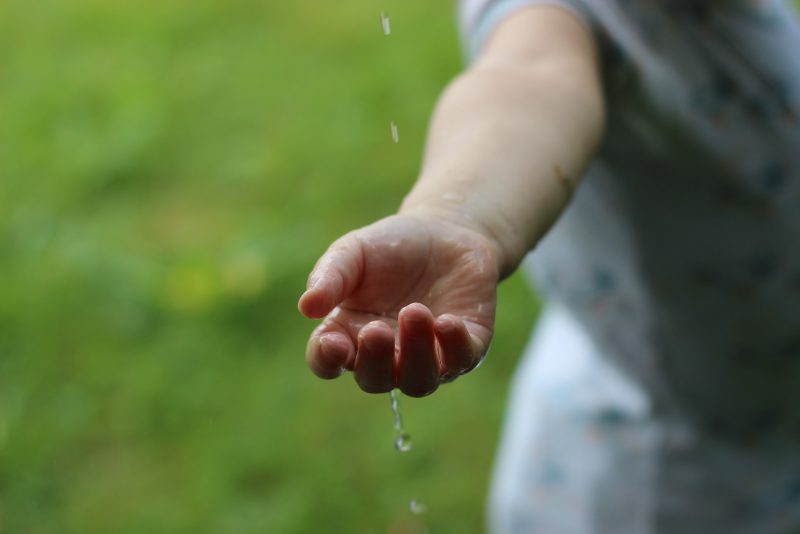
The research in this field aims at improving agro-food production and its environmental sustainability. Research activities are conducted through the use of: genetic resources to increase food quality, the resistance of plants to abiotic stress, the production of biomolecules and environmental recovery; sequencing and bioinformatics to identify and characterize genes involved in cellular pathways that control nitrogen uptake, abiotic resistance of plants, production of secondary metabolites and interactions between microorganisms and plants; biochemical and molecular approaches to improve molecules important in nutritional/health aspects and green chemistry.
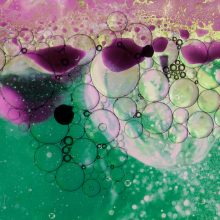
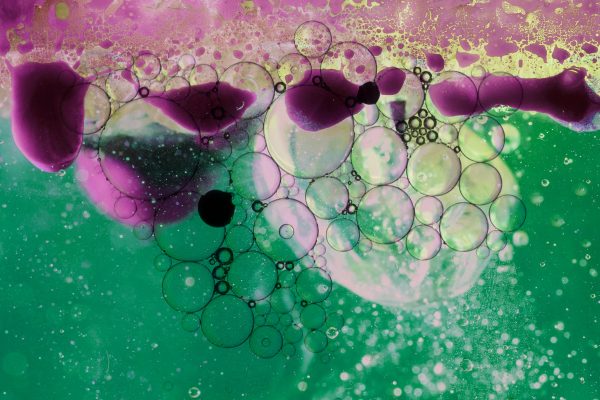
Grazie a una maggiore efficienza di fissazione dell’anidride carbonica rispetto alle piante terrestri, le microalghe possono svolgere un ruolo fondamentale nella futura economia a basse emissioni di carbonio e il loro potenziale ha suscitato un crescente interesse da parte del mondo accademico e dell’industria per lo sviluppo di tecnologie di cattura e utilizzo della CO2.
DYE ART mira alla sperimentazione di una nuova e promettente tecnologia basata su coloranti sintetici che agiscono come sistemi antenna artificiali per migliorare l’efficienza fotosintetica di alghe verdi e cianobatteri. L’obiettivo è quello di superare le attuali limitazioni della crescita autotrofa delle microalghe nei fotobioreattori, per rendere sostenibili i processi biotecnologici basati sulle microalghe, riducendo l’impronta di carbonio e aumentando la produttività complessiva.
DYE ART integra competenze multidisciplinari all’avanguardia nel campo della biologia, della biotecnologia e della fotonica. Il progetto si propone di caratterizzare, verificare e convalidare l’approccio delle antenne artificiali in due gruppi di microalghe – alghe verdi e cianobatteri – entrambi di importanza fondamentale per lo sviluppo di un’ampia gamma di processi biotecnologici e caratterizzati da una diversa configurazione dei complessi pigmento-proteina che raccolgono la luce.


E-crops intende contribuire allo sviluppo ed alla diffusione dell’Agricoltura 4.0 nel Mezzogiorno, sviluppando tecnologie e metodologie innovative per gestire le colture ed i rischi a cui sono esposte; inserendo le nuove tecnologie nei tessuti produttivi di filiera, attraverso una serie di applicazioni pilota in grado di monitorare e quindi gestire i processi in funzione degli obiettivi aziendali. Verranno sviluppati strumenti di supporto decisionale, tramite la stretta interazione tra esigenze aziendali e metodologie di monitoraggio ed analisi, che permettano di gestire la variabilità spaziale di campo sia per aumentare la qualità del prodotto finale (su filiere ad alto valore aggiunto), sia per l’ottimizzazione gestionale in chiave di sostenibilità (su filiere industriali). E-crops impiegherà una infrastruttura per la fenotipizzazione HTP, eccellenza del Sud e unica in Italia, allo scopo di costruire rappresentazioni digitali delle colture in ambiente controllato che permettano di aumentare il livello di conoscenza ottenibile con tecniche di rilievo non invasivo. Le ricadute di mercato ed occupazionali sono triplici: nuovi mercati per produttori di tecnologie; aumento di competitività e redditività associato ad inserimenti in organico di nuove figure professionali; opportunità per la nascita di start-up di congiunzione tra tecnologia ed agricoltura.
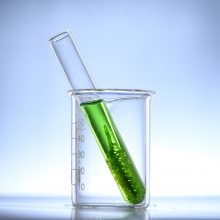
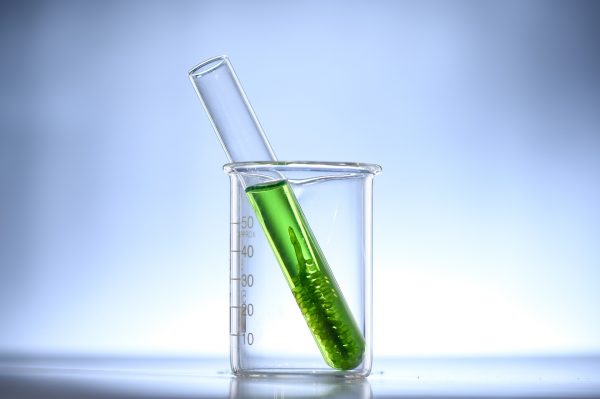
The development of economically and environmentally sustainable strategies for the production of renewable fuels and chemical supplies is perceived as one of the most burning issues in modern society. In particular, the generation of bioproducts from renewable sources having high associated quality value is a core task of bioeconomy. The principal aims of the CYAO project are:
– the development of cyanobacterial strains having improved growth yield and biomass accumulation by the engineering of their light-harvesting capacity;
– the development of cyanobacterial strains producing and accumulating high levels of the antioxidant carotenoid astaxanthin (Asx);
– the evaluation of the feasibility of rainbow trout aquaculture in which the bioproduct Asx, extracted from the engineered cyanobacterial strains, is used as feed supplement.
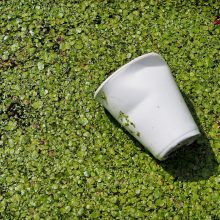
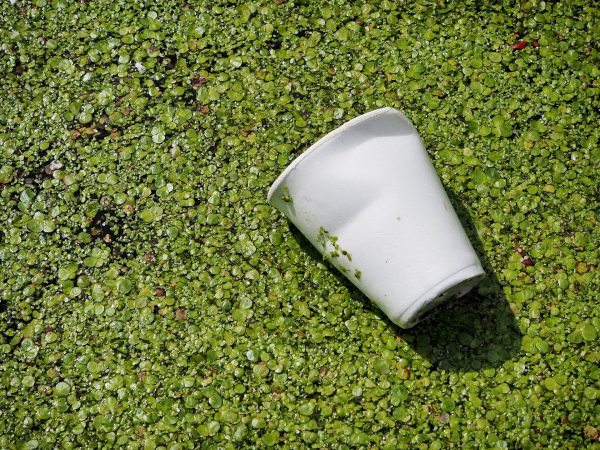
The purpose of the project is to develop an integrated biological system to purify wastewater originated by anaerobic digestion of OFSMW, based on duckweed ability to tolerate high nitrogen and phosphorous concentration.
The project is proposing to develop a sustainable and completely natural system capable of achieving two objectives at the same time:
– a biological wastewater treatment;
– the transformation of some pollutants in raw materials (starch and fatty acids) that can be used in food and biochemical industries , replacing products obtained from agriculture or hydrocarbons.
In addition we would like to make a contribution to the understanding of microbiome degrading in the rhizosphere of aquatic plants used in the system, highlighting its effects on urban organic waste purification and more broadly on microbial water safety.
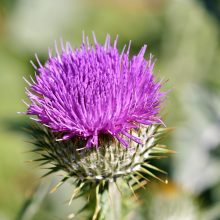
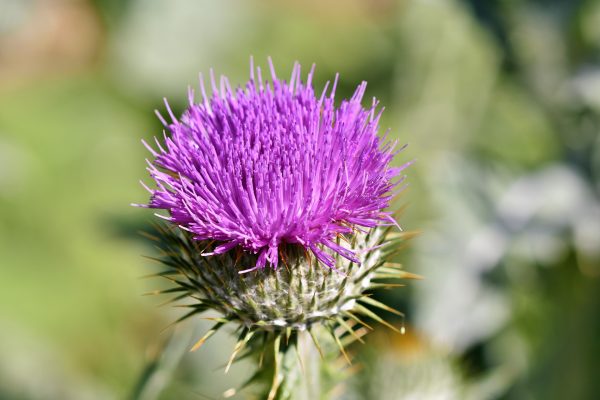
Aim of the project is the optimization of the use of industrial by-products and wastewaters as growth substrates for plant cell cultures and the optimization of their growth in economically and environmentally sustainable conditions to substantiate the possibility to build a cardoon-based cell biofactory in line with the principles of Circular Economy. Biotechnological approaches, through the RNAi strategy and/or the emerging technique of “genome editing”, on seed/leaf derived calli will be directed to increase monounsaturated fatty acids, while modifying lignin composition for accumulation of different phenolic acids as well as higher digestibility and availability of the cellulose fraction to enzymatic degradation. Furthermore, economic and environmental analysis of the production model of cardoon cells will be performed.


The aim of CAMFEED project is to use up to 20% of low-glucosinolate (GSL) seedcake, of the sustainable crop camelina (Camelina sativa), in the diet of broilers and laying hens in order to obtain meat and eggs with a higher content of α-linolenic acid (18:3n-3, ALA) and antioxidant compounds without affecting the eggs and meat production and the animal health and welfare.
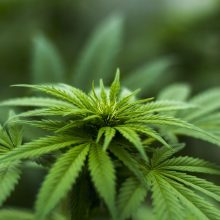
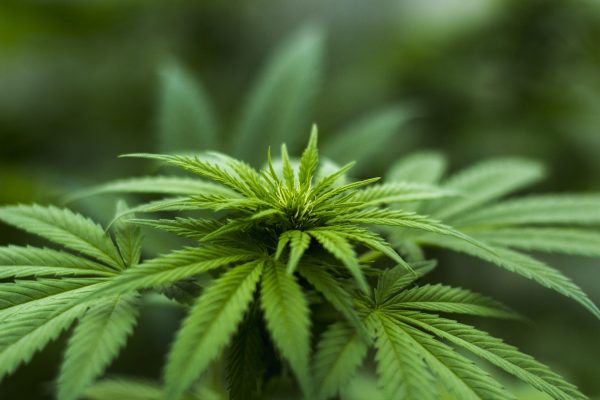
The project aims to study the possible re-introduction of traditional crops on the Lombardia territory such as hemp (Cannabis sativa L.) and flax (Linum usitatissimum L.), making their cultivation profitable again through the use of all the bioproducts obtainable from the various parts of the plant, eg: oil extracted from seeds, fiber, proteins, metabolites. In addition, the project also plans to enhance all the residues of the various transformations of hemp and flax, creating a range of bioproducts of considerable interests.


The extreme accessibility of Genetically Modified MicroOrganisms and the latency period, sometimes of years, with which any adverse effects may emerge, increases the risk that their use may occur without adequate awareness of the potential risks associated. It is therefore necessary to provide operators with an adequate technical preparation, as well as to investigate and leverage on the unconscious bias that predisposes an operator to act with timing and professionalism on biosafety issues.
With this project we intend to inform, educate, obtain feedback and carry out a targeted training for different roles; motivate – so that each person is aware of his part in biosafety – and create a network between operators whose laboratories use advanced biotechnology methods.
It will also be identified a sample of trainees to deepen, through the tools of neuro marketing (EEG, measurement of pupil dilation, etc..), the unconscious forms that give substance to the decision-making processes acted in the field of biosafety. The information collected will become an asset and will be used to update the communication styles that will be used in the future.

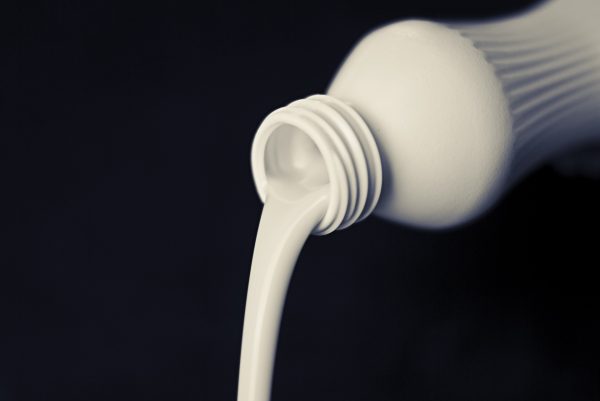
Poor thermal resistance of biodegradable materials currently available on the market is a major drawback for the wide range of applications of these materials. The Biobottle project developed innovative plastic bottles and bags manufactured in biodegradable materials that fulfil the requirements for packaging of different types of dairy products. The main challenge in this project was to modify the chemical structure of the biodegradable materials to increase thermal resistance without decreasing their mechanical resistance and their biodegradability properties. Reactive extrusion can be used to overcome these limitations as the material can become more resistant to creep and abrasion, among other properties. It was developed a material that is thermally and mechanically resistant, shows better properties than HDPE or PET, and is harmless after biodegradation. The developed bottles and bags, intended for packaging dairy products, are stable during pasteurisation and can withstand form-filling sealing for flexible pouches.
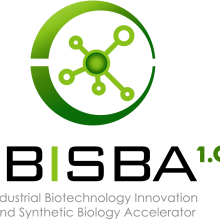
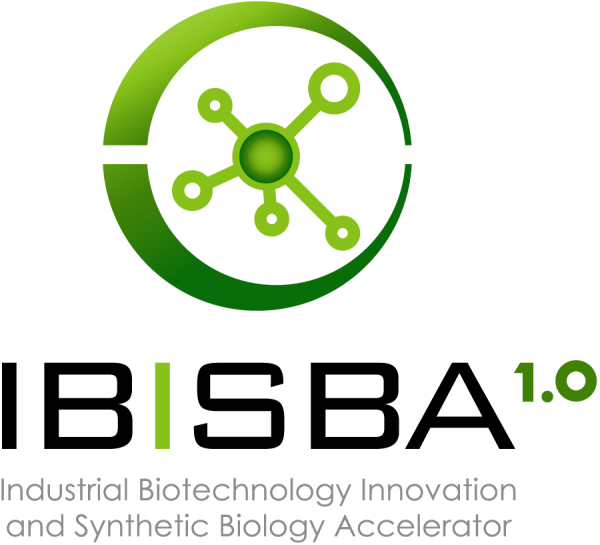
IBISBA 1.0 provides a coordinated network of research facilities to promote R&D in bioprocess development and support the bioeconomy. The facilities cover a wide range of experimental and in silico operations and disciplines, and together represent an R&D continuum to build quality biomanufacturing processes for industrialisation. IBISBA 1.0 aims at establishing an interoperable network of infrastructures capable of proposing R&D services to industrial biotechnology professionals. In this respect, IBISBA 1.0 has launched a Transnational Access (TNA) programme, which is conducted in the framework of open calls for projects.
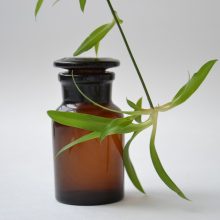
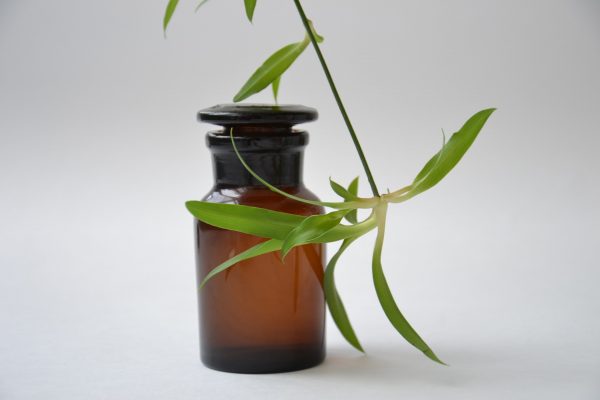
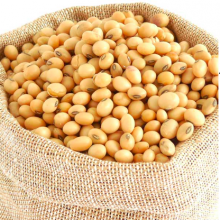
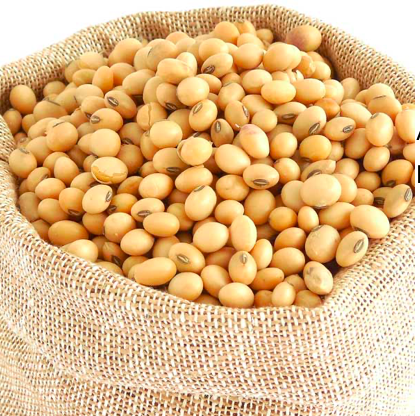
The project includes the development of a rapid assay for the determination of trypsin inhibitors in different soybean matrices (extracted soybean, extruded soybean, fermented concentrated protein soybean); the development of a rapid assay for the determination of allergens in different soya matrices; the molecular characterization of 3 soya matrices (extracted soy flour, extruded soy, fermented protein soy).

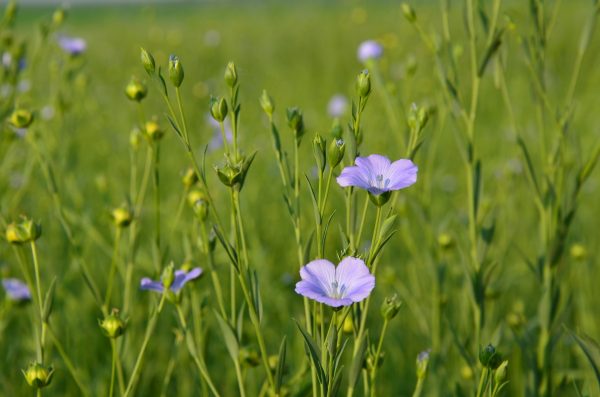
The aim of the InFlaMe project is to optimize the production of secondary metabolites of pharmacological/nutraceutical interest, the lignans which are produced at low concentration by flax plants as defense compounds against herbivores and microrganisms. To this purpose a biotechnological approach will be used starting from the production of different plant tissue cultures obtained from several diverse flax species. The obtained cultures will be induced to an increased production of lignans through the use of specific elicitors and through metabolic engineering.
In the long term this technology will provide a large scale production of high added value compounds currently limited by the low potential of producer species.


The MITICAL project aims to deepen knowlege on industrial hemp culture, focusing on the final use of two main products: seeds and flowers. The project will be based on the following activities:
The project will be hold with the collaboration of agrofarms belonging to the two lombard agriculture districts and the results obtained on seeds will be viable for feed and food industries whereas those on flowers for pharma and cosmetic sector.


The Specialization Course on Bioeconomy of the Organic Fraction from Waste and other Biomasses, now at its 11th edition, aims at preparing highly qualified professionals capable to will to:
– manage dedicated crops, by-products and the organic fraction from urban and industrial waste as renewable sources for energy and green chemistry production;
– develop energy efficiency plans based on reused production scraps and by-products;
The Course is thought to support companies in the transition towards the Bioeconomy, a sector showing today for a turnover of 330 billion euros. (data obtained from the Italian Strategy for the Bioeconomy 2020).
The Course main feature is to deal with innovative systems for the reuse of waste and production of valuable by-products.
The Course program provides combined technical and scientific knowledge together with application experience, visits to bioenergy production plants, case studies and internships in companies working in this sector.
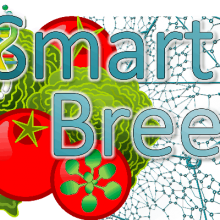
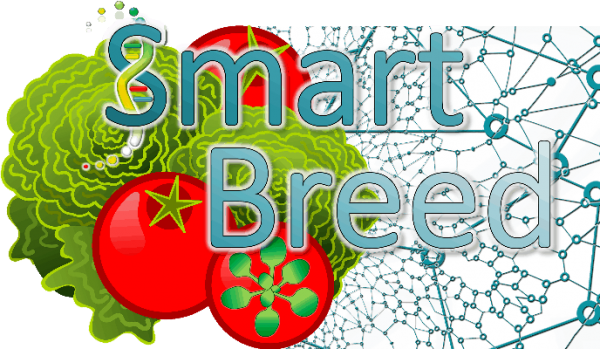
The project aims to develop innovative molecular technologies to study the effects of genetic variability and use this information to accelerate the breeding of new resilient varieties that maintain their productive and typical characteristics in variable and extreme environmental conditions. Since genes encoding transcription factors (TFs) are the main targets on which the processes of adaptation of the genotype to the environment naturally act, the project will focus, as a “proof of concept”, on transcription factors with a proven role in the response of shade avoidance and in the flowering induction response.
Aims. To innovate the traditional agricultural sector through the use of advanced technologies that allow the preservation and valorization of the agricultural biodiversity.
Results. Development of innovative molecular tools for the genetic improvement and adaptation of vegetable species belonging to the Brassicaceae, Asteraceae and Solanaceae families through precision breeding and biotechnology.
Partnership: CNR, Istituto di Biologia e Patologia Molecolari (CNR-IBPM); CREA, Centro di Ricerca Genomica e Bioinformatica (CREA-GB), Unit of Rome.



Protein function can be understood through protein structure. The structure of a protein can inform the design of modifications resulting in increase or reduction of activity, depending on the desired goal. The service we are developing is a structure determination pipeline (from gene to protein structure). The design of synthetic proteins needs both validation by structure determination and it need to be inspired by structures of the proteins – either the ones to be modified or the products of the initial stages of design. The user will provide either the gene encoding the protein of interest, or vector/expression system and purification protocol for producing it recombinantly, or purified protein. The service will provide either of the following deliverables:

